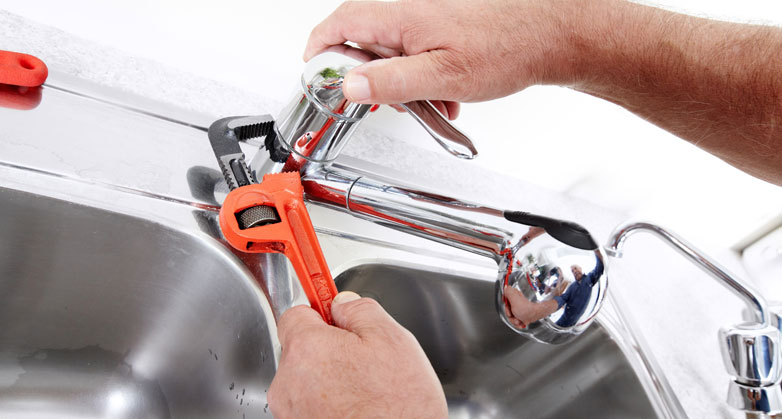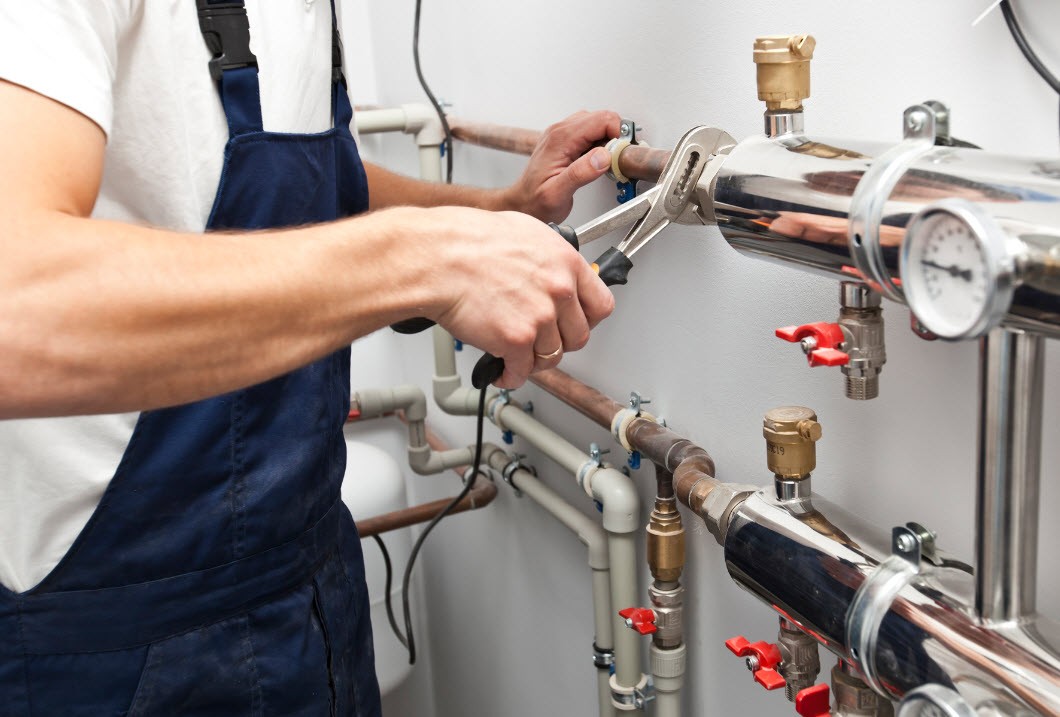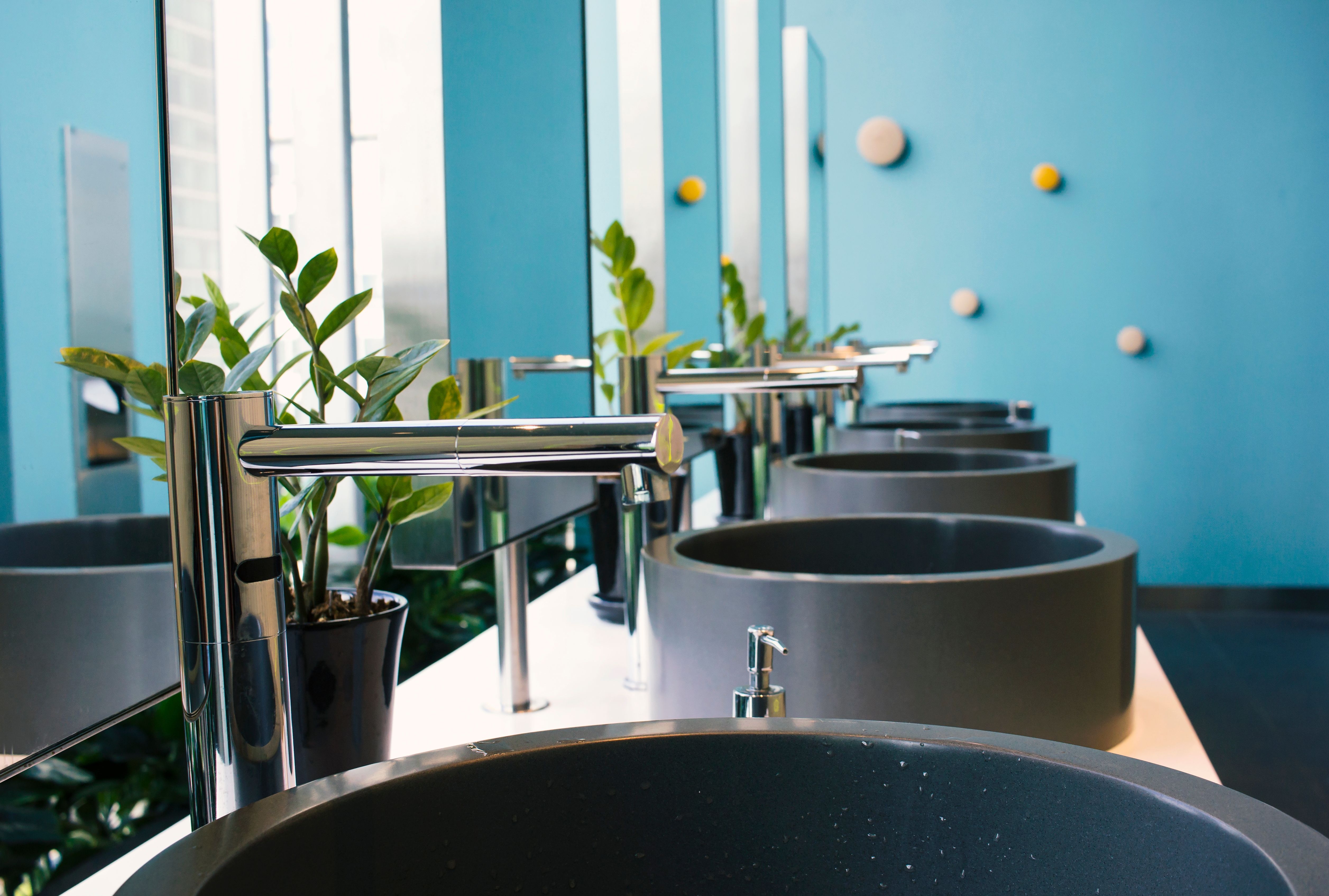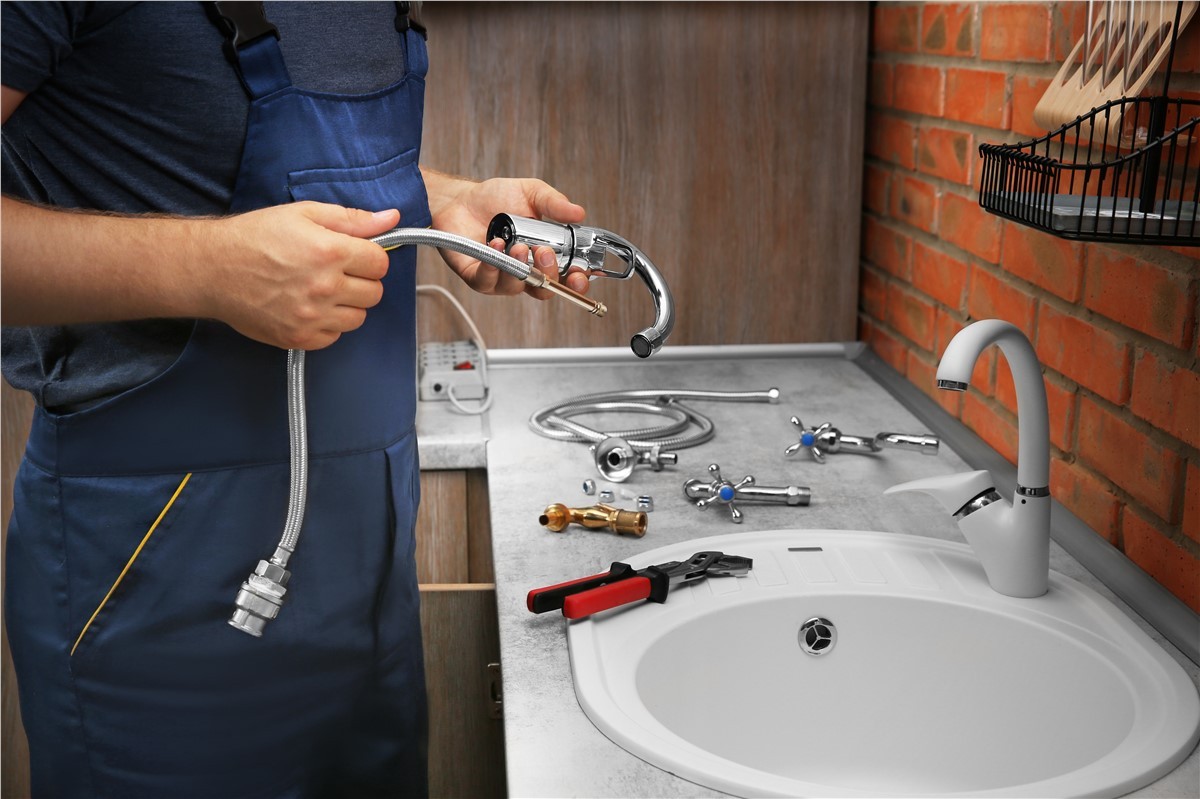comes to plumbing. The state’s climate and geological conditions can lead to specific plumbing problems that you need to be prepared for. We’ll guide you through identifying and addressing these common plumbing issues in Colorado homes, ensuring your home stays dry and functional. Plus, we’ll share some tips on how to prevent plumbing problems in the first place.
Common Plumbing Issues in Colorado Homes
1. Frozen Pipes:
Colorado’s harsh winters can cause pipes to freeze and burst. Insulate your pipes, especially those in unheated areas, and keep your thermostat at a consistent temperature during cold spells. Allowing faucets to drip during freezing weather can prevent pipe damage.
2. Water Heater Woes:

The hard water in Colorado can lead to mineral buildup in your water heater, affecting its efficiency. Regularly flush your water heater to remove sediment and ensure the temperature and pressure relief valve is functioning correctly.
3. Leaking Faucets and Toilets:
Even minor leaks can waste water and increase your bills. Inspect your faucets, toilets, and showerheads for leaks, often caused by worn-out seals, loose connections, or faulty valves, and address them immediately.
4. Sewer Line Problems:
Colorado’s shifting clay and sandy soil can damage sewer lines. Watch out for signs like foul odors, slow drains, gurgling sounds, or sewage backups. Call a professional plumber if you notice these issues.
5. Clogged Drains:
Hard water and debris can lead to clogged drains. Use a plunger or drain snake for minor clogs, and prevent blockages by regularly cleaning your drains with a mixture of vinegar and baking soda.
Addressing Plumbing Issues in Colorado Homes
1. DIY Fixes:
Some plumbing issues, like minor clogs, can be tackled with DIY methods. Use a plunger, snake, or natural remedies like baking soda and vinegar. However, know your limits and don’t attempt complex repairs.
2. Prompt Repairs:
Address plumbing problems as soon as you notice them. Ignoring them can lead to more significant damage and higher repair costs. Whether it’s a leaky faucet or a running toilet, fix it promptly. Consult a professional plumber if you’re unsure.
3. Regular Maintenance:
Prevent plumbing problems with regular maintenance. Schedule annual inspections with a professional plumber to catch potential issues early. This includes checking for leaks, cleaning drains, and inspecting water heaters.
4. Professional Help:
For complex issues like broken sewer lines or major leaks, always call a professional plumber. They have the expertise and tools to handle these problems safely and efficiently.
Plumbing issues in Colorado homes can be managed effectively with the right approach. Prevention, prompt attention to problems, regular maintenance, and professional assistance when needed are key to keeping your plumbing system in excellent condition. Don’t let plumbing problems disrupt your life – take control and address them head-on!





